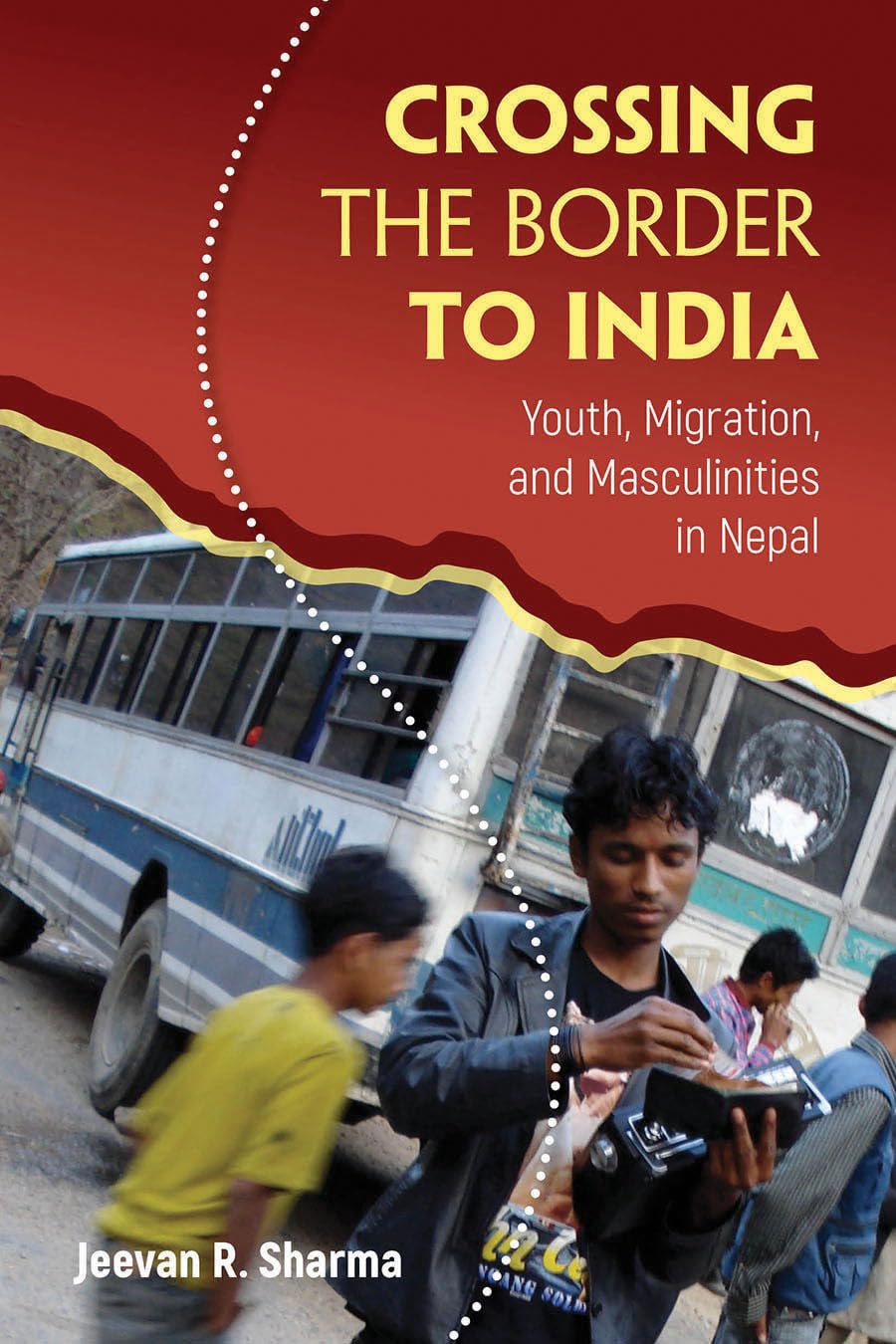Study Reveals Human-Caused Climate Change Amplifies Searing Heat Across Asia and Middle East, Resulting in Deadly Consequences

Sizzling heatwaves swept across Asia and the Middle East in late April, reminiscent of last year’s scorching temperatures, bringing devastating impacts and highlighting the alarming influence of human-caused climate change. A study released by the World Weather Attribution group of scientists revealed that in some parts of the continent, the likelihood of such extreme heat events had increased by a staggering 45 times due to climate change.
From Gaza in the west to the Philippines in the southeast, millions endured temperatures surpassing 40 degrees Celsius (104 degrees Fahrenheit) for consecutive days. The situation in Gaza, compounded by Israeli bombardment, exacerbated clean water shortages and health care inadequacies for over 2 million people.
The study, led by climate scientist Friederike Otto of Imperial College London, concluded that without human-induced climate change, the extreme heat experienced in the Philippines would have been impossible. Similarly, in parts of the Middle East, climate change amplified the probability of the heatwave by a factor of five.
Tragically, at least 28 heat-related deaths were reported in Bangladesh, alongside fatalities in India and Gaza, while Thailand and the Philippines also witnessed surges in heat-related mortality. Agriculture suffered significant losses, with crop damage and reduced yields, while education systems were disrupted, impacting thousands of students as schools were forced to close.
Records tumbled as Myanmar, Laos, and Vietnam experienced their hottest April day ever, while the Philippines endured its hottest night on record. India sweltered with temperatures soaring to a blistering 46 degrees Celsius (115 degrees Fahrenheit). Globally, April marked the hottest on record, continuing an alarming trend of record-breaking heat for the eleventh consecutive month.
Climate experts warn that extreme heat events during South Asia’s pre-monsoon season are becoming more frequent, with temperatures now approximately 0.85 degrees Celsius (1.5 Fahrenheit) hotter due to climate change. Particularly vulnerable are internally displaced people, migrants, and those in refugee camps, who face heightened risks during searing temperatures.
Aditya Valiathan Pillai, a heat plans expert at Sustainable Futures Collaborative in New Delhi, emphasized the urgent need for awareness, investments, and research to mitigate the impacts of escalating heatwaves. Pillai stressed that heat is now a leading risk to personal health and economic development, underscoring the critical importance of proactive measures to address this growing threat.


















Facebook Comments